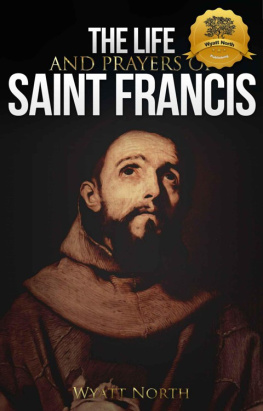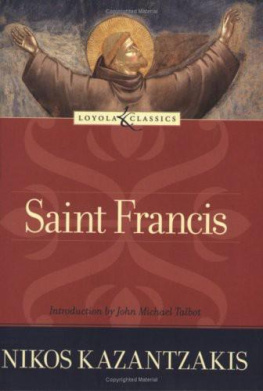The Lives and Prayers of Catholic Saints:
Saint Francis of Assisi &
Saint Anthony of Padua
Wyatt North
Wyatt North Publishing

Wyatt North Publishing, LLC 2012
A Boutique Publishing Company
Publishing by Wyatt North Publishing, LLC.
Copyright Wyatt North Publishing, LLC. All rights reserved, including the right to reproduce this book or portions thereof in any form whatsoever. For more information please visit http://www.WyattNorth.com .
Cover design by Wyatt North Publishing, LLC. Copyright Wyatt North Publishing, LLC. All rights reserved.
Scripture texts in this work are taken from the New American Bible, revised edition 2010, 1991, 1986, 1970 Confraternity of Christian Doctrine, Washington, D.C. and are used by permission of the copyright owner. All Rights Reserved. No part of the New American Bible may be reproduced in any form without permission in writing from the copyright owner.
ISBN: 978-1-62278-131-7
About Wyatt North Publishing
Wyatt North Publishing is a boutique publishing company. We always provide high quality, perfectly formatted, eBooks. All of our eBooks include a Touch-or-Click Table of Contents, allowing easy and instant access to each section.
We guarantee our eBooks. If you are not 100% satisfied we will do everything in our power to make you happy. Visit .
Click here for free eBook offers!
Foreword
The Life and Prayers series combines professionally researched and written biographies of iconic Christian figures with an anthology of prayers.
The Lives and Prayers of Catholic Saints: Volume I combines the stories of Saint Francis of Assisi and Saint Anthony of Padua.
Saint Anthony of Padua followed Saint Francis Order. The two were contemporaries, though they only met a few times. How were the two saints similar and how were they different?
Saint Francis of Assisi is quite possibly the most popular of all Christian saints. Perhaps it is his adoration for all living things or his unrelenting generosity that has made so many people open their hearts to him. Perhaps it is the deep conviction and piety expressed not only by the saint himself, but in his name, in the Franciscan orders throughout the centuries.
For centuries Saint Anthony of Padua, Thaumaturgist, Evangelical Doctor of the Church, has been regaled and venerated as a wonder-worker, eminent theologian, and preacher. To him infertile women, sailors, the poor, seekers of lost articles, to name a few, have prayed to intercede. Thousands upon thousands flocked to hear him preach, and witnessed his miraculous deeds.
We hope that with this book, the reader might realize an invitation to call upon both miraculous men, in a quest to find a renewed and challenged faith, hope, and love.
This edition has a linked Table of Contents and has been wonderfully formatted (searchable and interlinked) to work on your eBook reader.
You can purchase additional religious works directly from Wyatt North Publishing.
Enjoy.
Touch-or-Click Table of Contents
Quick Facts: Saint Francis
Born:
1182, Assisi
Died:
October 3, 1226, Assisi
Memorial:
October 4 th
Attributes:
Tau cross, Dove, birds, animals, wolf at feet, Pax et Bonum,
Poor Franciscan habit, Stigmata
Quick Facts: Saint Anthony
Born:
August 15, 1195, Lisbon
Died:
June 13, 1231, Padua
Memorial:
June 13 th
Attributes:
Book; bread; Infant Jesus; lily; fish; flaming heart
The Lives of Saint Francis and Anthony
Combining the lives of Saint Anthony of Padua and Saint Francis of Assisi is an obvious choice. Anthony of Padua was a follower of the Franciscan order. He left the Augustinian Order in 1220 to follow Francis of Assisi.
The obvious similarity is, as previously stated, that Anthony followed Francis order. The two were contemporaneous for six years and even met on a few occasions. However, the similarities do not stop there.
For example, both saints followed a life of poverty. Additionally, and possibly as a form of poverty, both men withdrew from their communities and lived in social isolation. Both men were pacifists, choosing a life of peace during a time when violence was ever present. Further, both men turned to nature as a limb of God and His grace.
While Francis and Anthony had many things in common, there are, of course, traits and beliefs that set them apart. Anthony is not simply a second Francis, following blindly, but an individual man who, arguably was just as a great as the man who led his Order.
In many ways, Anthony was a scholar while Francis was not. Francis once called himself illiterate while Anthony was professorial both in his speech and writing. The way that the two men spoke provides another example of uniqueness. While Francis spoke with restraint, many believe that Anthony spoke with an aggressive and bold presence.
There are other examples, but we leave it to the reader to find and interpret additional similarities and the differences between the Saints. Both men led extraordinary lives and we hope the reader is inspired by their stories.
Below we start with the life of Saint Francis.
The Life of Saint Francis
I. Introduction
Saint Francis of Assisi is quite possibly the most popular of all Christian saints. Perhaps it is his adoration for all living things or his unrelenting generosity that has made so many people open their hearts to him. Perhaps it is the deep conviction and piety expressed not only by the saint himself, but in his name, in the Franciscan orders throughout the centuries.
Whatever the reason, in a world that is quickly developing in a direction diametrically opposite to the saint's own simple asceticism, Saint Francis of Assisi still stirs strong emotions and compassion. How close he found God, in the very nature around him, is inspiring.
But we are also taken by how unlikely Saint Francis story is. Not in the respect that it rings untrue; it is easy to unearth how Francis path developed. Rather, it is surprising. The young man we first get to know, a strutting boisterous peacock, feathered in abundant wealth, is so unlike the unassuming and impoverished ascetic. Even so we see gentleness, generosity, and a deep emotional sensitivity that is consistent throughout the saint's life.
The man we are about to meet was, in the prime of his life, a short and exceedingly slight man. He had very fair skin, yet his eyes and his hair were dark. His features were small and angular. Later in life he wore his hair in the tonsure style, the top of his head shaved and his remaining dark hair growing in a crown around his head. From the earliest days of his order, he wore a dark tunic or robe, tied shut with a simple cord, and no sandals. He was incredibly charismatic, although later sources have called him physically unattractive.
He certainly did not start out as a man of letters, but Saint Francis did write for himself and left us texts in his own words to learn about his life and his spiritual thoughts. Aside from the rules he wrote for his order, several letters remain, as do prayers and the Testament of Saint Francis . Aside from Saint Francis own writings, numerous people, contemporaries and successors alike have written down the life of the saint. The earliest biography was commission by Pope Gregory IX and written by a Thomas of Celano in 1230, just four years after Saint Francis death. Other notable early writings on the life of Saint Francis include the works of Saint Bonaventure and the collection known as Fioretti di San Francesco ( The Little Flowers of Saint Francis ), which contains important clues about how the life and works of Saint Francis were seen outside of the Franciscan Order.
Next page
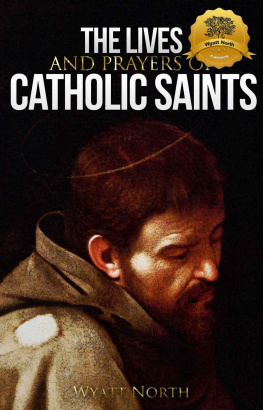
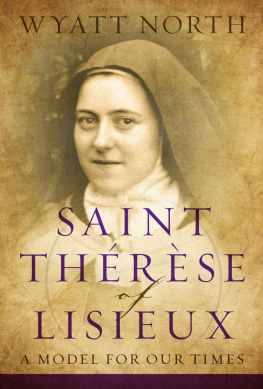
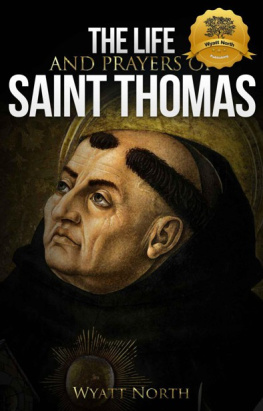
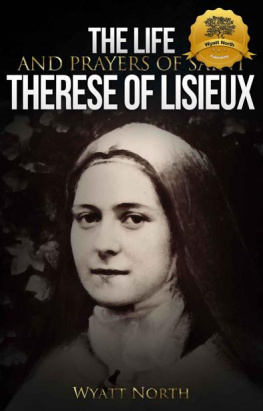
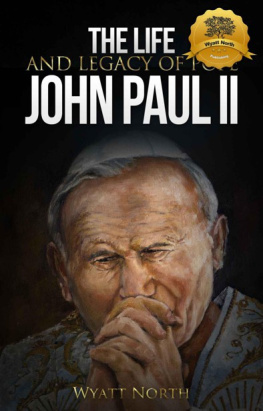
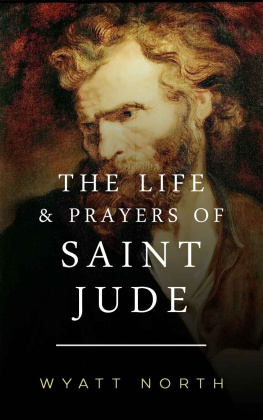
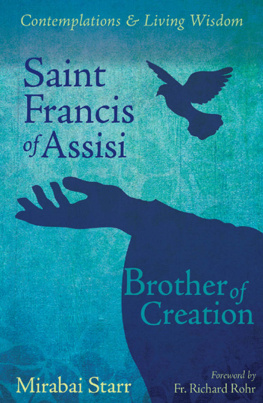
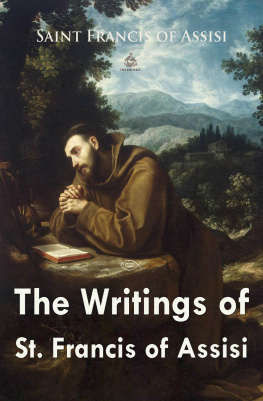
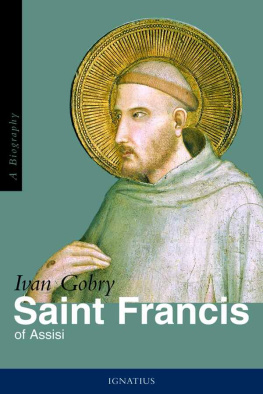
![Saint Francis de Sales [Sales - The Saint Francis de Sales Collection [15 Books]](/uploads/posts/book/266802/thumbs/saint-francis-de-sales-sales-the-saint-francis.jpg)


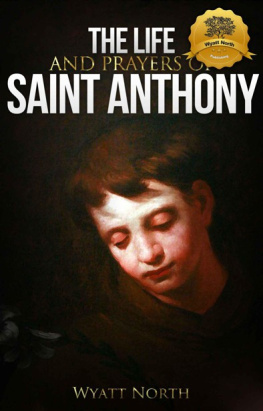
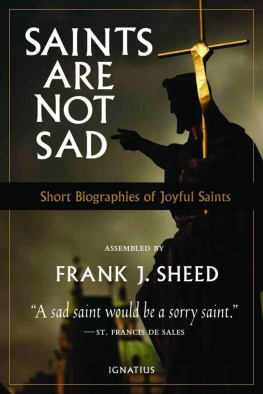
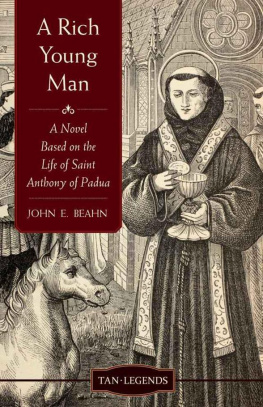
![Saint Francis de Sales - The Saint Francis de Sales Collection [15 Books]](/uploads/posts/book/161144/thumbs/saint-francis-de-sales-the-saint-francis-de-sales.jpg)
